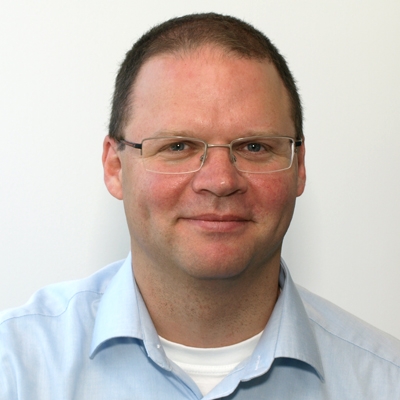
The Faculty of Medicine is applauding the recent success of McGill’s Matthias Götte who, along with his Université Laval colleague Guy Boivin, recently obtained $1.34 million from the Québec Consortium for Drug Discovery (CQDM) for research intended to help advance the development of new antiviral drugs. “This is a major vote of confidence in the quality and practical potential of the research happening at our Faculty,” said Marianna Newkirk, Associate Dean (Research).
The CQDM funds projects that exhibit “scientific excellence, creativity and innovation … and the capacity to generate applicable deliverables,” such as a direct impact on drug discovery and development. The CQDM, made up of corporate sponsors as well as the governments of Quebec and Canada, receives between forty and seventy funding applications per year, of which it green-lights only about three to five.
“In Montreal and at McGill we’ve been very successful in these kinds of applications,” says Götte, from an office directly adjoining the laboratory he runs in the Duff Medical Building on Pine Avenue. The lab is a hive of activity, with about a dozen investigators at the benches or at computers.
Götte and Boivin’s CQDM funding is targeted to the development of a system that will allow for the screening of antiviral compounds that show promise against various Herpes viruses. These efforts are invaluable to the eventual drug discovery process. As Götte explains, at the moment, “we do not have many successful drugs for treating Herpes.” Many existing drugs are quite toxic, or they’re not efficacious against all of the human Herpes viruses.
Götte’s most recent project comes on the heels of many productive years for his laboratory, which has also focused on HIV and Hepatitis C. The team characterizes enzymes or proteins that are required by viruses for replication. These, as Götte explains, are logical targets for pharmaceutical intervention.
In Götte’s words, his work is at the “interface between academia and the pharmaceutical industry.” His lab develops assays that can be translated into further assays that are used by the pharmaceutical industry to develop specific enzyme inhibitors. His lab can also provide support when the pharmaceutical companies develop enzyme inhibitors but don’t yet understand how they work. In addition, the lab seeks to understand how viruses develop resistance to drugs.
“It is very important to come up with novel drugs,” says Götte. The chances of new discoveries are surely improving thanks to his creative work.
